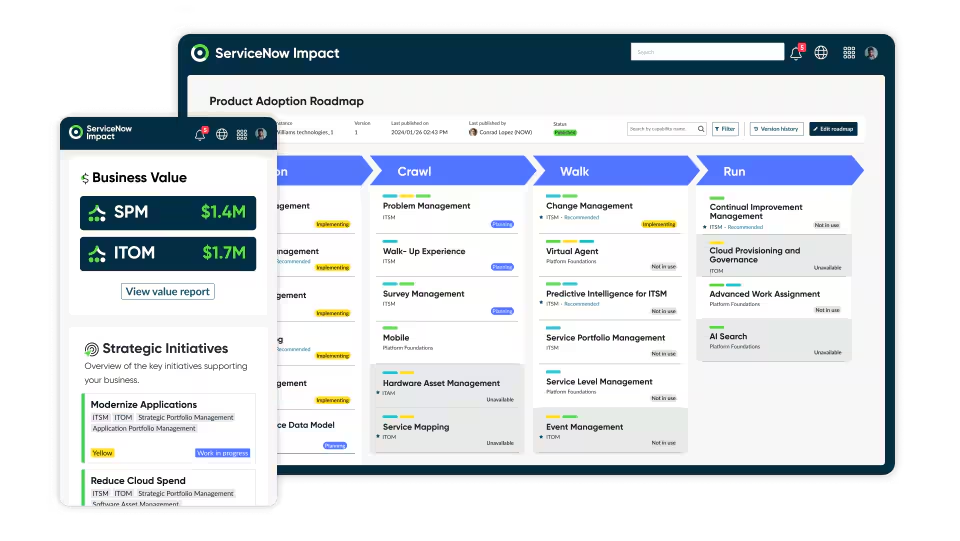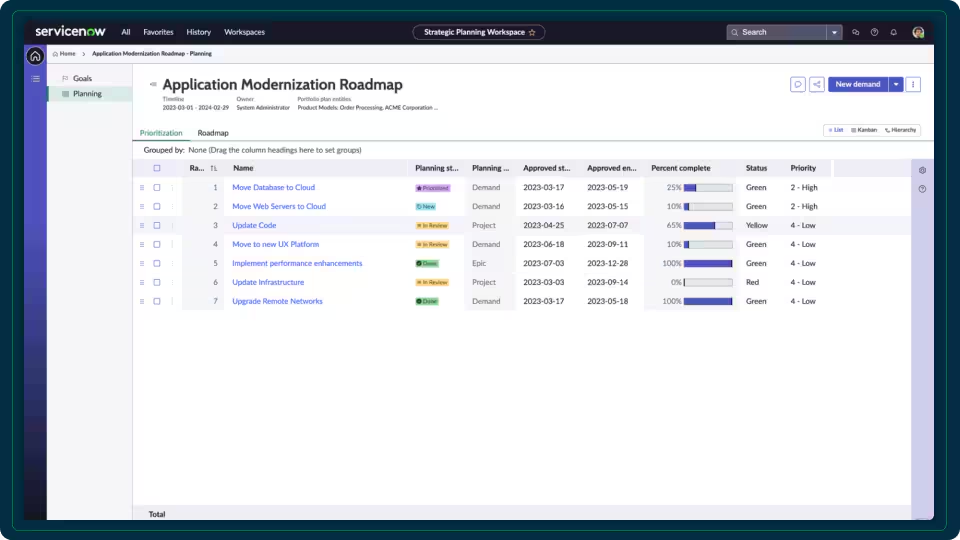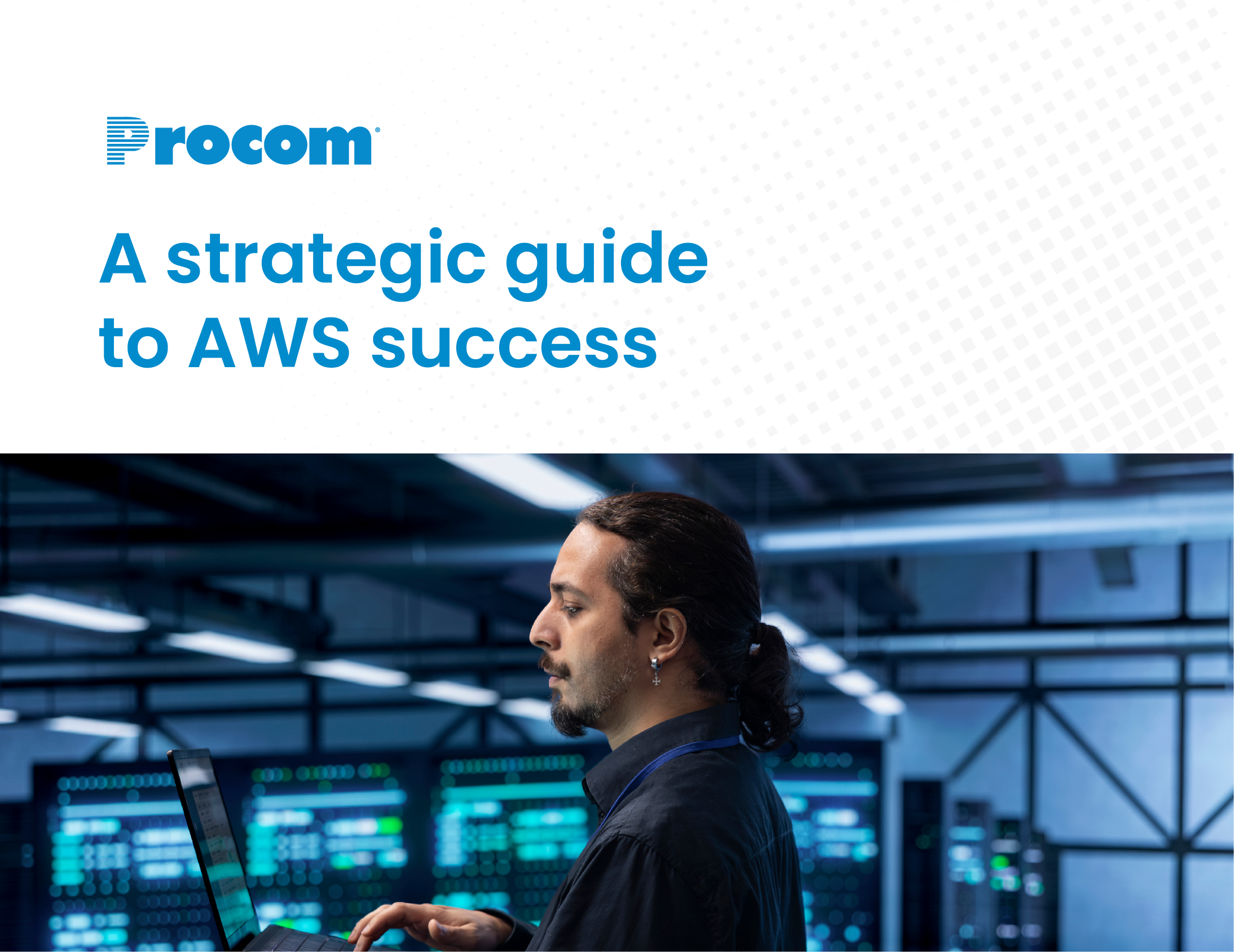
Essential ServiceNow capabilities for cloud transformation
Cloud Service Management connects your entire cloud ecosystem through automated workflows. By integrating with AWS, Azure, and Google Cloud, ServiceNow provides unified visibility and control over cloud resources, costs, and operations. The platform’s Cloud Provisioning and Governance features ensure compliance while accelerating service delivery.
Streamlined cloud operations
ServiceNow’s Cloud Operations Manager automates routine tasks and provides real-time monitoring of cloud services. Its integration capabilities enable:
- Automated incident response for cloud infrastructure
- Cost optimization through usage tracking and alerts
- Resource provisioning with built-in governance
- Performance monitoring across cloud providers
Cloud governance and compliance
Cloud Governance prevents shadow IT and ensures compliance through automated policies. The platform tracks cloud spend, enforces security standards, and maintains audit trails across your multi-cloud environment. Policy violations trigger immediate workflows for investigation and remediation.
Accelerating cloud adoption through automation
ServiceNow’s Flow Designer and IntegrationHub connect cloud services with business processes. Custom workflows automate everything from resource provisioning to cost allocation, reducing manual effort while ensuring consistency. The platform’s Cloud Catalog provides self-service access to approved cloud resources, accelerating deployment while maintaining control.

Cost optimization and visibility
Cloud Cost Management provides detailed insights into cloud spending across providers. Real-time dashboards track expenses against budgets, while automated workflows optimize resource allocation. The platform identifies unused resources and recommends cost-saving measures based on actual usage patterns.
Building your cloud transformation team
Success requires professionals who understand both ServiceNow and cloud technologies. Look for team members with expertise in:
- Cloud infrastructure and operations
- ServiceNow platform development
- Integration architecture
- Cloud cost optimization
- Security and compliance

Measuring transformation success
Track cloud transformation progress through ServiceNow’s Performance Analytics. Focus on metrics that demonstrate business impact:
- Reduced time-to-provision cloud resources
- Decreased cloud operation costs
- Improved resource utilization
- Faster incident resolution times
- Enhanced compliance scores
Moving forward with confidence
ServiceNow transforms cloud management from a technical challenge into a business advantage. By connecting cloud operations with enterprise workflows, organizations gain control over their cloud environment while accelerating innovation. Start by assessing your current cloud management capabilities, then implement ServiceNow’s cloud solutions systematically to drive lasting transformation.
The platform’s continuous evolution ensures your cloud management capabilities grow alongside your cloud adoption. This creates a foundation for sustainable cloud operations that align with business objectives while maintaining security and cost control.
For more information on how ServiceNow can enhance your cloud journey, consider connecting with Procom’s specialized talent team. With over 45 years of IT recruitment experience, Procom is your trusted partner for securing the ServiceNow expertise your organization needs to succeed.











